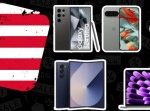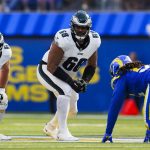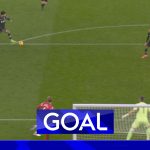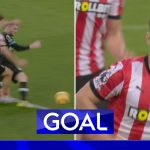Today’s decision in Gilliam v. Gerregano (Tenn. Ct. App.) so holds (in an opinion by Judge Kristi Davis, joined by Judges Frank Clement and Neal McBrayer). This means that any restrictions on such plates can’t be viewpoint-based or too vague, though clear viewpoint-neutral but content-based restrictions might be permissible.
Whether plaintiff can keep her 69PWNDU plate was thus not resolved, because the appellate court sent the case back down to the lower court for further proceedings. (The lower court had concluded that the license plates were government speech, and thus that the government’s decision to reject a plate was completely unconstrained by the Free Speech Clause.) The appellate court’s decision is in keeping with the trend among other courts, see, e.g., here, here, and here; those cases conclude that, while the designs of license plates are government speech, even when the government allows lots of groups to submit designs (see Walker v. Sons of Confederate Veterans (2015)), the letter and number combinations on personalized plates are private speech. For a contrary view, see here.
Here is the appellate court’s summary of the state’s policy, which will now be evaluated by the lower court:
Interested drivers send an application to the Department with their proposed combination of three to seven alphanumeric characters. The application goes to the Department’s five-person “Inventory Unit” team to confirm that the configuration (1) is not already in use and (2) under Tennessee Code Annotated section 55-4-210(d)(2), does not “carry connotations offensive to good taste and decency or that are misleading.” The statute does not define “good taste and decency,” and there is no written Department policy explaining “good taste and decency.” However, Department employees understand the statute as barring configurations alluding to several categories: profanity, violence, sex, illegal substances, derogatory slang terms, and/or racial or ethnic slurs. The record establishes, however, that vanity plates alluding to such topics slip through the cracks and are issued to drivers [e.g.,] {BUTNAKD; BIGRACK; TOPLS69; WYTRASH; 88POWER; ARYANSH; and CONFDRC}. The Department is entitled to rescind “erroneously issued” vanity plates.
Congratulations to Daniel A. Horwitz, Lindsay Smith, Melissa K. Dix, and David Hudson, Jr., who represented plaintiff.
The post Personalized License Plates (e.g., 69PWNDU) Are Private Speech appeared first on Reason.com.






